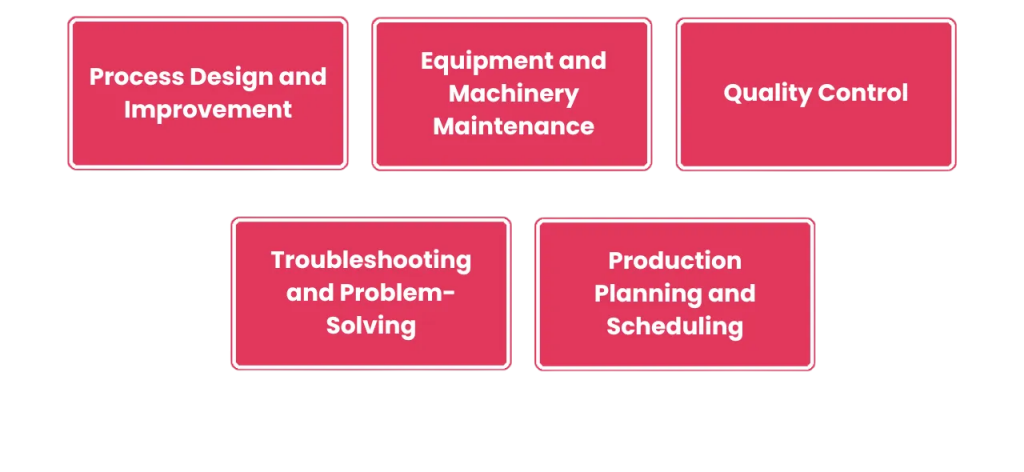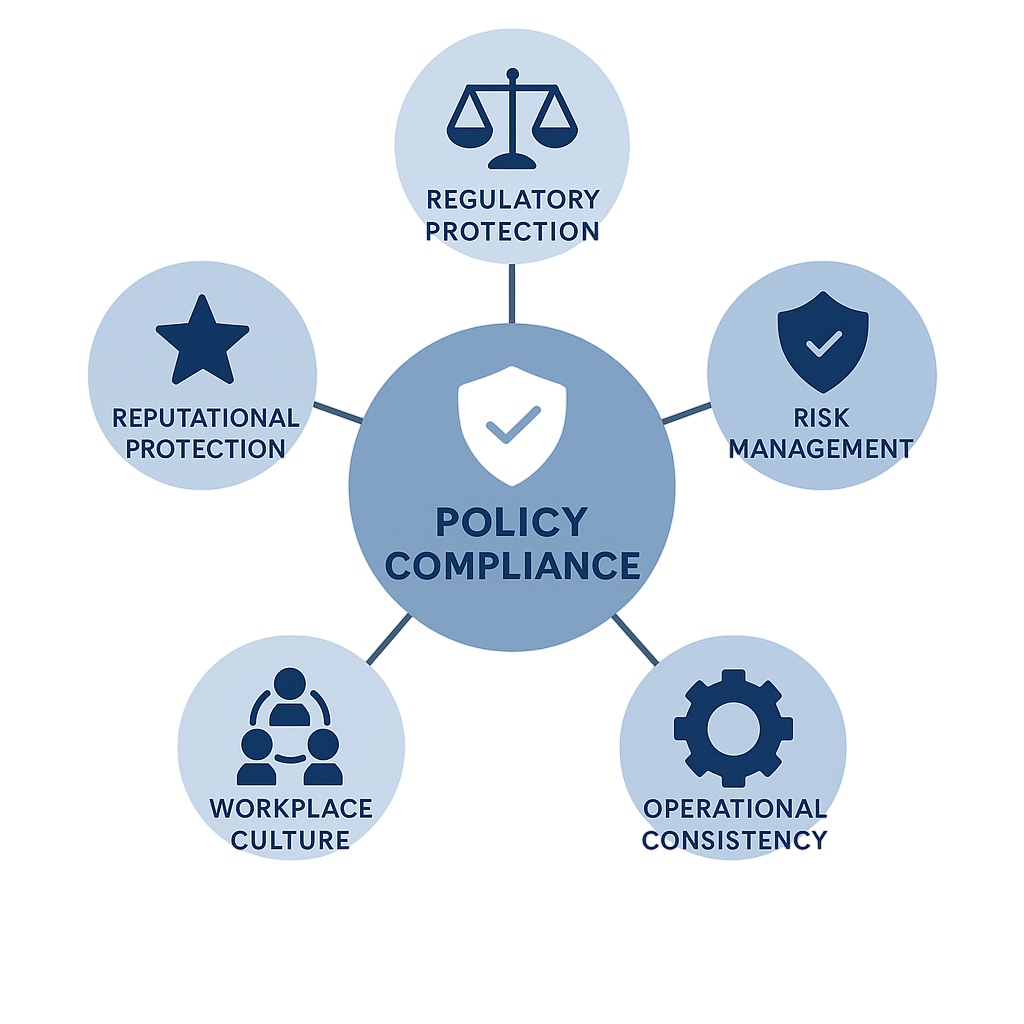
- Overview of the Electric Vehicle Industry
- Key Sectors for Employment
- Engineering Roles
- Design and Prototyping Careers
- Battery and Energy Roles
- Software and Controls Engineering
- Testing and Validation Careers
- Manufacturing and Production Jobs
- Sales and Marketing in EV Sector
- Policy and Regulatory Roles
- Career Growth and Future Outlook
- Conclusion
Overview of the Electric Vehicle Industry
The electric vehicle industry has emerged as one of the most dynamic and transformative sectors of the 21st century, reshaping the landscape of transportation. It stands at the intersection of clean energy, sustainability, and advanced technology. The global push toward reducing carbon emissions, the need for energy security, and rapid technological advancements in batteries and electronics are driving unprecedented growth. To explore how intelligent systems accelerate this transformation through predictive analytics, smart energy management, and adaptive control, explore Artificial Intelligence Training a hands-on course that covers machine learning, embedded AI, and sustainable technology applications for the clean energy and mobility sectors. Major automakers, startups, and governments are investing heavily in EV development, manufacturing, and infrastructure, creating a wealth of career opportunities across multiple disciplines. The EV ecosystem encompasses a wide range of areas, from electric powertrain development and battery production to vehicle software and user interface design. As EVs become mainstream, they require a new workforce equipped with cutting-edge skills and multidisciplinary knowledge.
Key Sectors for Employment
Employment in the electric vehicle (EV) industry includes a variety of sectors, each offering different chances for professionals. At the forefront is vehicle manufacturing, where original equipment manufacturers (OEMs) and suppliers focus on building complete electric vehicles or their electric versions. To explore how this sector extends into design, R&D, battery technology, charging infrastructure, and beyond, explore Career Opportunities in EV a comprehensive guide that highlights roles in engineering, software development, supply chain, sustainability, and the diverse pathways shaping the future of the electric mobility workforce. Connected to this is the important field of battery manufacturing, where companies work on developing lithium-ion batteries and new battery technologies that are key for improving EV performance and range. Additionally, the growth of charging infrastructure is important, companies are actively building fast-charging stations and home chargers to support the growing EV market. Moreover, mobility services are changing transportation with EV-based ride-sharing, delivery solutions, and subscription models, creating new ways to move around cities.
Ready to Get Certified in Artificial Intelligence ? Explore the Program Now Artificial Intelligence Online Training Offered By ACTE Right Now!
Engineering Roles
Engineers are the backbone of EV innovation and development. Key roles include designing power electronics, developing battery systems, optimizing charging infrastructure, and integrating smart technologies for seamless vehicle operation. To explore how these engineering efforts connect with the growth of charging networks and hubs, explore EV Charging Stations a comprehensive guide that explains station types, grid integration, fast-charging technologies, and the critical role of engineers in building sustainable EV ecosystems.
- Electrical Engineers: Design power distribution systems, inverters, and motor controllers.
- Mechanical Engineers: Work on chassis design, thermal systems, and structural integrity.
- Electronics Engineers: Focus on sensors, embedded controllers, and PCB design.
- Automotive Engineers: Integrate systems to meet performance and safety standards.
- Mechatronics Engineers: Combine mechanical, electrical, and software systems into intelligent designs.

Specialized skills in simulation, CAD tools, and hardware testing are highly valuable in these roles.
To Explore Artificial Intelligence in Depth, Check Out Our Comprehensive Artificial Intelligence Online Training To Gain Insights From Our Experts!
Design and Prototyping Careers
EVs are not just functional but must also appeal to users aesthetically and ergonomically. Design and Prototyping roles include creating user-friendly interiors, lightweight structures, and efficient layouts that balance performance with comfort. To explore how these design principles integrate with advanced energy solutions, explore Tesla Battery Technology a comprehensive guide that explains battery innovations, cell chemistry, thermal management, and the engineering breakthroughs that make Tesla’s EVs both powerful and practical.
- Industrial Designers: Shape the exterior and interior vehicle form.
- User Experience (UX) Designers: Create intuitive and responsive HMI systems.
- CAD Designers: Build 3D models and simulate vehicle components.
- Prototyping Engineers: Build and test physical models using 3D printing, CNC machining, or rapid tooling.
EV design requires balancing aerodynamics, material selection, sustainability, and innovation.
Battery and Energy Roles
The battery is the heart of any electric vehicle (EV). This has caused a rise in demand for energy-related jobs in the industry. Battery Design Engineers are crucial in this field. They design cells, modules, and packs to ensure thermal and structural stability. Battery Chemists support them by creating new materials like solid-state electrolytes and silicon anodes to improve battery performance. To explore how these specialized roles contribute to the growth of industry leaders and emerging startups, explore Electric Vehicle Companies a comprehensive guide that highlights OEMs, battery innovators, charging infrastructure providers, and the diverse organizations driving India’s EV revolution. Battery Management System (BMS) Engineers also play a role by developing algorithms that monitor the state of charge (SOC), state of health (SOH), and help balance the cells effectively. Energy Storage Analysts further contribute by evaluating performance metrics and degradation patterns to enhance battery lifespan and efficiency. To succeed in these positions, a strong understanding of electrochemistry, thermal analysis, and safety protocols is important. This underscores the collaborative nature of this quickly changing field.
Software and Controls Engineering
As electric vehicles (EVs) rely more on electronics and automation, the need for software roles in their development has grown significantly. One key position is the Embedded Software Developer. These developers focus on programming microcontrollers that control the motor and run diagnostics, ensuring the vehicle works efficiently. Firmware Engineers are also crucial. They create the code for low-level hardware communication, which allows different vehicle systems to work together smoothly. To explore how intelligent systems enhance firmware development, optimize microcontroller performance, and enable seamless hardware-software integration, explore Artificial Intelligence Training a hands-on course that covers embedded AI, real-time diagnostics, and intelligent communication protocols for advanced automotive engineering. Controls Engineers further contribute by implementing complex vehicle dynamics and torque vectoring systems, which improve the overall driving experience. In cybersecurity, experts are essential. They protect secure communication between vehicle systems and cloud platforms, which is important for safeguarding user data and maintaining operational integrity. Additionally, AI and Machine Learning Developers use predictive analytics to improve maintenance and reduce energy use, advancing technology in EVs.
Looking to Master Machine Learning? Discover the Artificial Intelligence Expert Masters Program Training Course Available at ACTE Now!
Testing and Validation Careers
Testing ensures that EV components and systems meet safety, performance, and durability standards. Key roles include validation engineers, quality assurance specialists, and reliability testers who ensure every part of the EV ecosystem functions seamlessly. To explore how these roles connect with innovation in energy storage and sustainable mobility, explore Powering the Future a comprehensive guide that explains battery technologies, testing methodologies, lifecycle management, and the breakthroughs driving the next generation of electric vehicles.
- Validation Engineers: Develop test cases for real-world scenarios.
- Durability and Reliability Engineers: Assess component lifespan under stress.
- Hardware-in-the-loop (HIL) Testers: Simulate systems for software validation.
- NVH Engineers: Focus on noise, vibration, and harshness to enhance cabin comfort.
Knowledge of international standards such as ISO 26262 (functional safety) is often required.
Manufacturing and Production Jobs
Mass production of EVs demands efficient manufacturing practices and quality control. Job roles include:
- Process Engineers: Optimize production workflows and reduce cycle times.
- Manufacturing Engineers: Plan assembly line layouts and integration.
- Quality Assurance (QA) Inspectors: Maintain product integrity and compliance.
- Automation Engineers: Implement robotics and smart manufacturing.
- Maintenance Technicians: Ensure minimal downtime in battery, motor, or vehicle assembly lines.
Familiarity with lean manufacturing, Six Sigma, and Industry 4.0 tools is a plus.
Preparing for Artificial Intelligence Job Interviews? Have a Look at Our Blog on Artificial Intelligence Interview Questions and Answers To Ace Your Interview!
Sales and Marketing in EV Sector
As electric vehicles (EVs) become more popular, effective marketing and customer engagement in this industry are crucial. Many careers have developed to support this growth, each playing an important role in promoting and improving the EV Sector experience. Product managers act as a key link between engineering and marketing teams. They work to define the features that make EVs appealing to consumers, balancing technical innovation with user expectations. To explore how these roles intersect with the principles of design, performance, and sustainability, explore Electric Vehicle Technology a comprehensive guide that explains EV architecture, working principles, energy flow, and the innovations driving the global shift toward cleaner mobility. Sales executives promote these vehicles and charging services to both individual consumers and businesses, helping to boost adoption in the market. Digital marketing specialists manage online presence, using SEO strategies, social media, and advertising campaigns to reach a wider audience. Customer success managers ensure satisfaction after sales, especially for fleet and enterprise clients. This is vital for building long-term relationships. Market researchers also help by studying trends, consumer preferences, and competitor strategies to guide and improve marketing efforts. Success in these roles typically requires strong communication skills, a deep understanding of the market, and solid technical knowledge. These skills are essential for navigating the changing landscape of the electric vehicle industry.
Policy and Regulatory Roles
Governments and agencies play a vital role in EV adoption. Professionals in this area work on:
- Policy Analysts: Develop EV policies, incentives, and subsidies.
- Environmental Scientists: Assess EV lifecycle emissions and sustainability.
- Standards Engineers: Define compliance protocols for safety, interoperability, and performance.
- Regulatory Affairs Managers: Liaise with authorities to ensure legal compliance.

Understanding international policy landscapes and environmental regulations is crucial.
Career Growth and Future Outlook
The EV industry is expected to create millions of new jobs globally in the coming decade. Key trends shaping career growth include advancements in battery technology, expansion of charging infrastructure, integration of smart grids, and the rise of autonomous systems. To explore how these developments are redefining employment opportunities and industry growth, explore Future of Electric Vehicles a comprehensive guide that highlights market forecasts, policy impacts, skill requirements, and the transformative role of EVs in shaping the global workforce.
- Increased Demand for Battery and Software Roles: As EVs become more connected and autonomous.
- Cross-Sector Opportunities: Including renewable energy, smart grids, and energy storage.
- Startups and Innovation Hubs: Encourage entrepreneurship and R&D careers.
- Government Support and Incentives: Drive skill development programs and EV adoption.
- Global Expansion: Opportunities in Europe, North America, and Asia for skilled professionals.
Those entering the EV field today will find themselves at the forefront of a transformative movement, with room to grow into leadership roles, R&D positions, or entrepreneurial ventures.
Conclusion
The electric vehicle industry offers a wide array of career opportunities for professionals across disciplines. From core engineering roles to creative design, software development, testing, policy, and sales, the sector is full of potential. To explore how intelligent systems empower professionals across these diverse domains with predictive analytics, automation, and real-time decision-making, explore Artificial Intelligence Training a hands-on course that covers embedded AI, software intelligence, and cross-domain applications for next-generation career growth. As nations transition to greener transportation solutions, skilled talent will be in high demand. By choosing the right specialization, staying updated through continuous learning, and gaining practical experience, individuals can build rewarding careers while contributing to a sustainable future.




